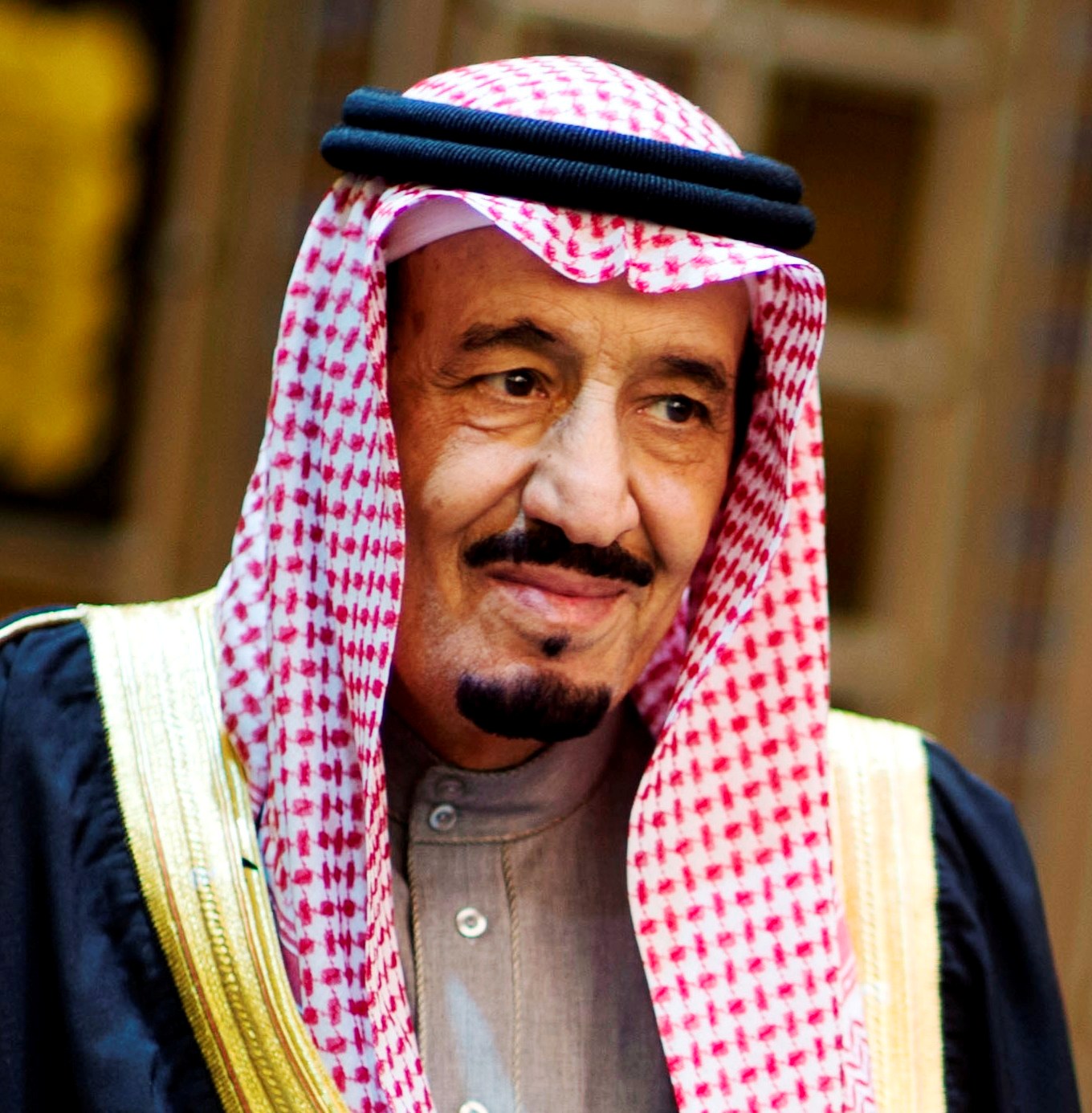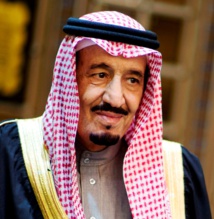King Salman bin Abdulaziz Al Saud issued a decree dismissing oil minister Ali al-Naimi. Rumors of his resignation started to circulate after the talks in Doha failed on April 17. The negotiators have not come to a consensus on freeze oil production to stabilize prices. Partially, it happened due to the tough stance of Saudi Arabia. Khaled al-Faleh, a former health minister and current chairman of Saudi Aramco’s Board of Directors became successor of Ali al-Naimi.
Ali al-Naimi had led the Ministry of Petroleum and Mineral Resources since 1995. Prior to that, he headed Aramco Corporation. Saudi Arabia’s dominant position in the oil market and its historical ability to influence world prices by reducing or deterring them gave the former Minister of Oil ability to have an exceptional impact on the OPEC’s meetings. According to AP, it was Mr. al-Naimi who insisted on the controversial strategy of maintaining a high oil production level, despite the serious decline in prices over the past two years. This policy led to a glut of oil supply in the market, which, according to some experts, could be one of the reasons for the fallen prices.
In addition, King created two councils by the government. One establishment is meant to take up politics and security, and another - economic affairs. In addition, Al Saud’s decrees proclaim dismissal of some ministries and assignment of new. In particular, the kingdom’s head founded the Department of Energy, industry and mineral resources, which will replace the Ministry of Petroleum and the Ministry of water and electricity. Ministry of Environment, Water Resources and Agriculture will be responsible for water resources, and the Ministry of Trade and Investment will replace the former Ministry of Industry and Trade.
King also reassigned ministers of trade and industry, social affairs, health, water, transport, energy.
Recall that the new ambitious plan to reform Saudi Arabia - the Vision 2030 - was presented at the end of April in Riyadh by its principal author and supporter, Deputy Crown Prince Mohammed bin Salman. The plan consists of a list of very specific parameters, which the government intends to meet by 2030 - though without specifying the way these indicators will be achieved. The plan also clarifies reforms to be carried out in a number of the country’s industries, primarily oil.
The main objective of the Program specifies a reorientation of the economy, which would make the oil industry important but not the main source of budget revenues.
source: ap.org
Ali al-Naimi had led the Ministry of Petroleum and Mineral Resources since 1995. Prior to that, he headed Aramco Corporation. Saudi Arabia’s dominant position in the oil market and its historical ability to influence world prices by reducing or deterring them gave the former Minister of Oil ability to have an exceptional impact on the OPEC’s meetings. According to AP, it was Mr. al-Naimi who insisted on the controversial strategy of maintaining a high oil production level, despite the serious decline in prices over the past two years. This policy led to a glut of oil supply in the market, which, according to some experts, could be one of the reasons for the fallen prices.
In addition, King created two councils by the government. One establishment is meant to take up politics and security, and another - economic affairs. In addition, Al Saud’s decrees proclaim dismissal of some ministries and assignment of new. In particular, the kingdom’s head founded the Department of Energy, industry and mineral resources, which will replace the Ministry of Petroleum and the Ministry of water and electricity. Ministry of Environment, Water Resources and Agriculture will be responsible for water resources, and the Ministry of Trade and Investment will replace the former Ministry of Industry and Trade.
King also reassigned ministers of trade and industry, social affairs, health, water, transport, energy.
Recall that the new ambitious plan to reform Saudi Arabia - the Vision 2030 - was presented at the end of April in Riyadh by its principal author and supporter, Deputy Crown Prince Mohammed bin Salman. The plan consists of a list of very specific parameters, which the government intends to meet by 2030 - though without specifying the way these indicators will be achieved. The plan also clarifies reforms to be carried out in a number of the country’s industries, primarily oil.
The main objective of the Program specifies a reorientation of the economy, which would make the oil industry important but not the main source of budget revenues.
source: ap.org



















